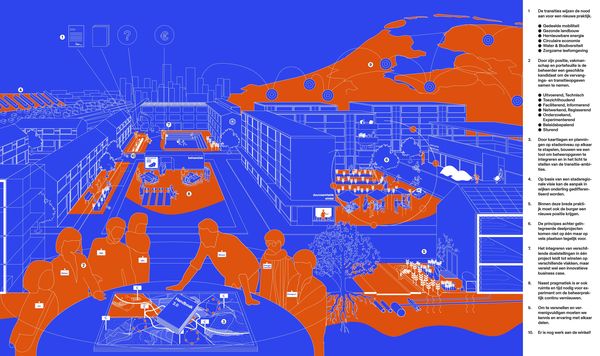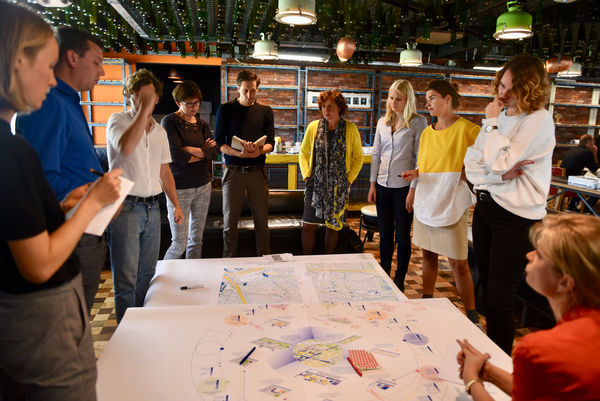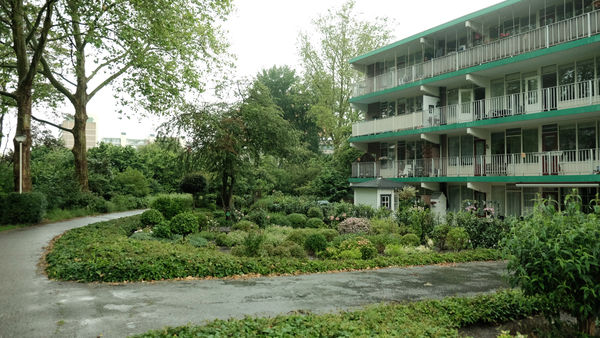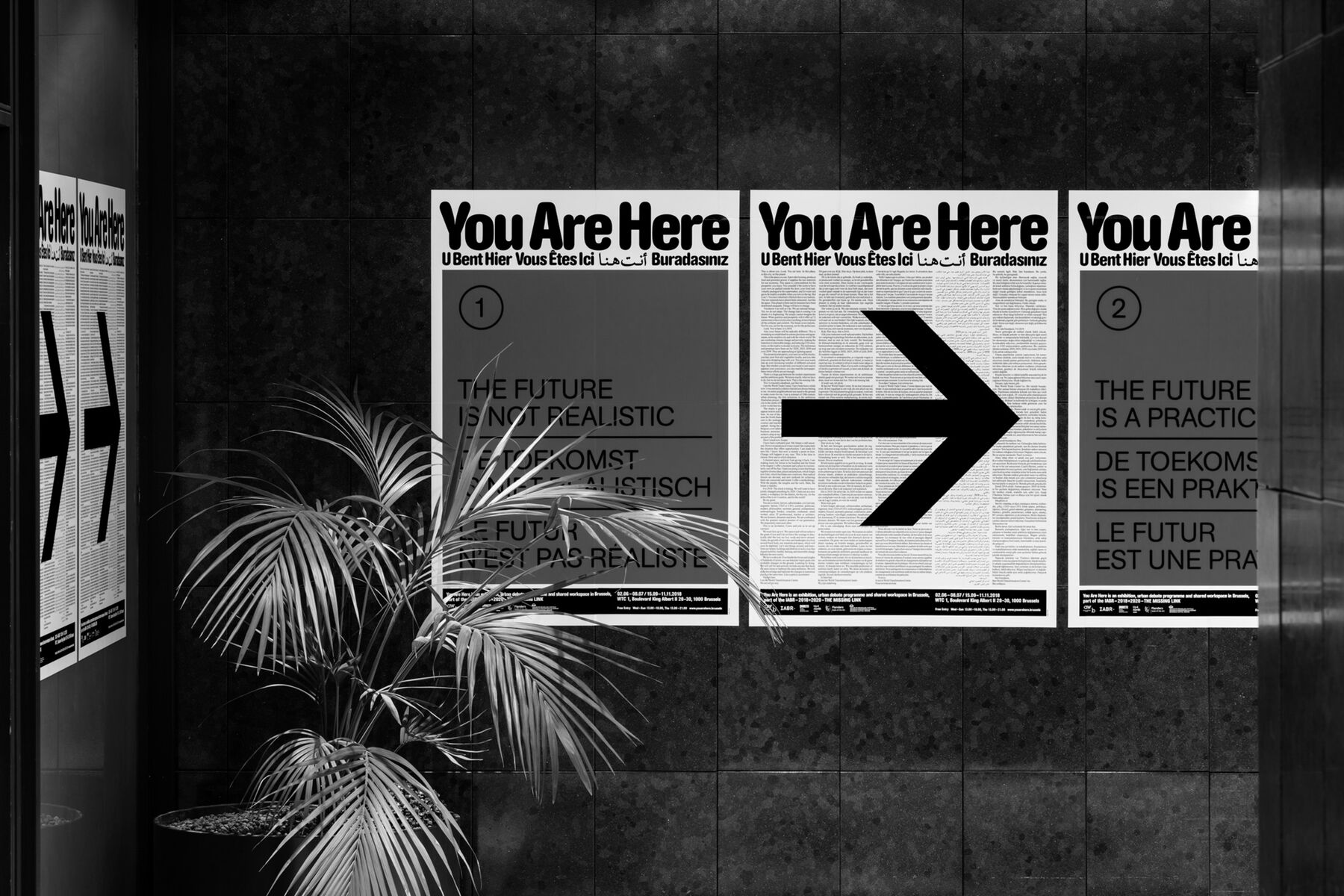The Lead Group in Urban Management (Kopgroep Stedelijk Beheer), consisting of the municipalities of Leiden, Rotterdam, Zoetermeer and Almere, emerged from the objective of renewing the role of management, so it can help translate sustainability transitions into everyday life. Using an exploratory process AWB, in association with Endeavour, H+N+S and Jelte Boeijenga, developed ten keys to shape this new practice and build on urban management for the future.
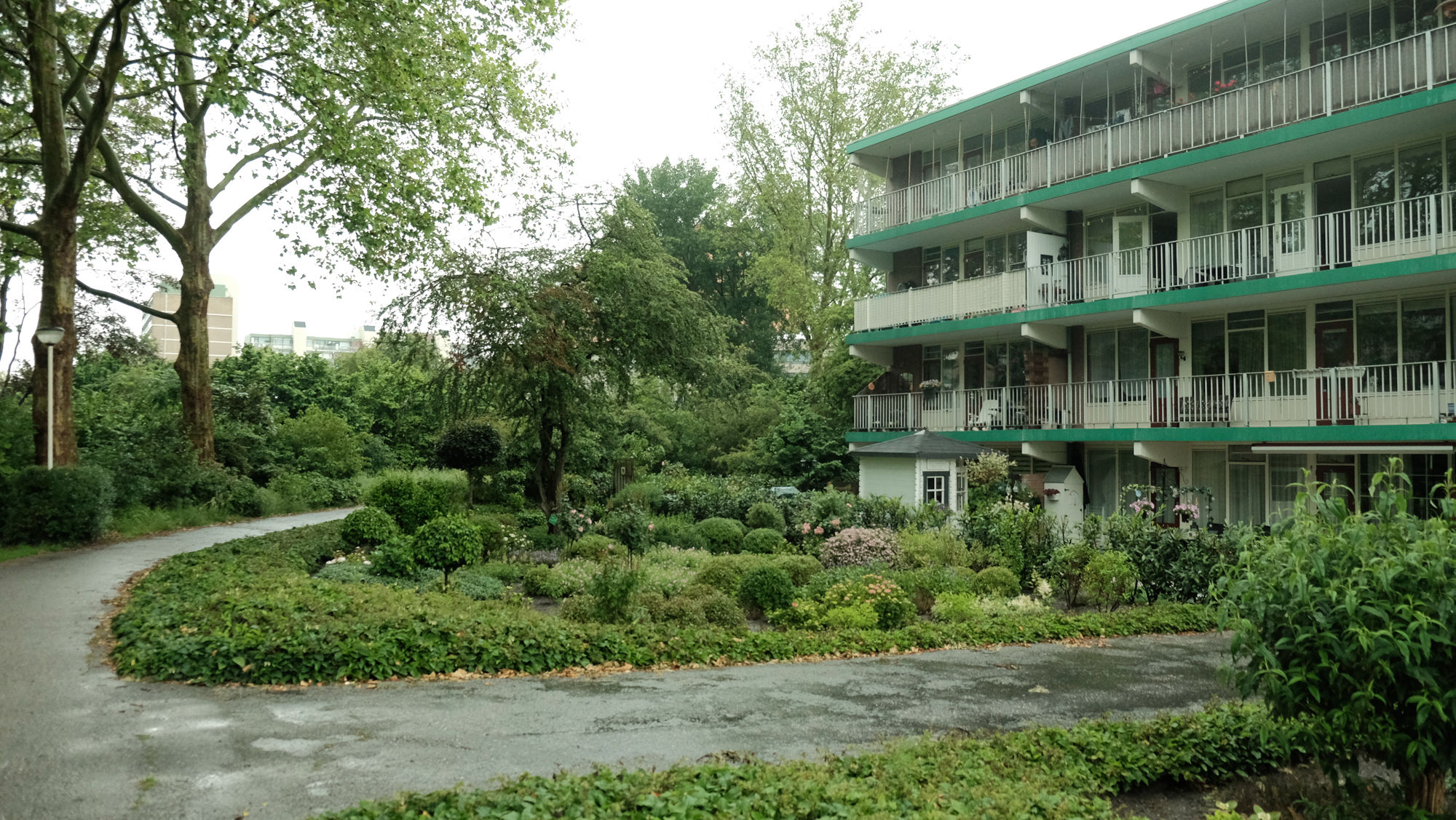
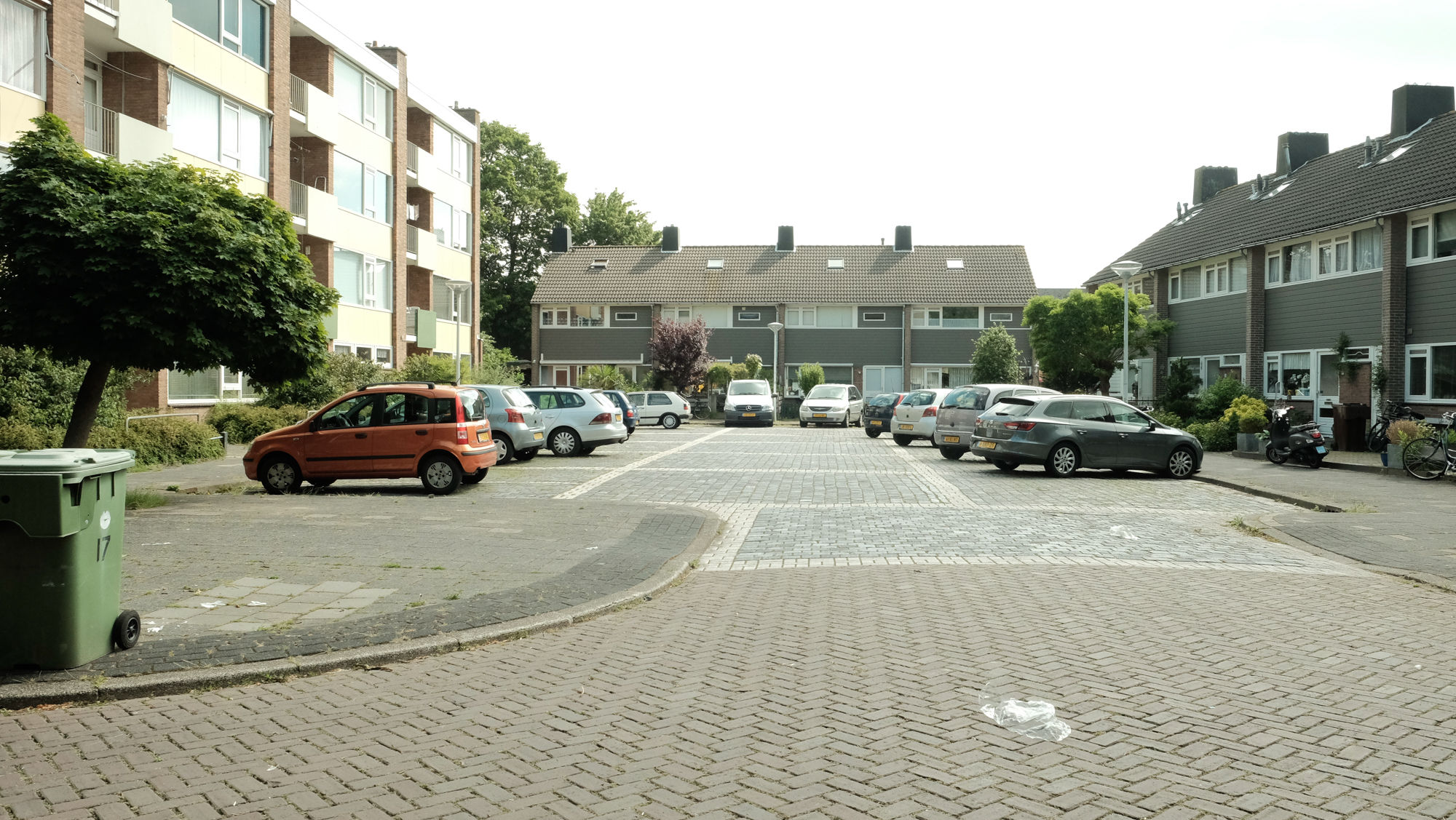
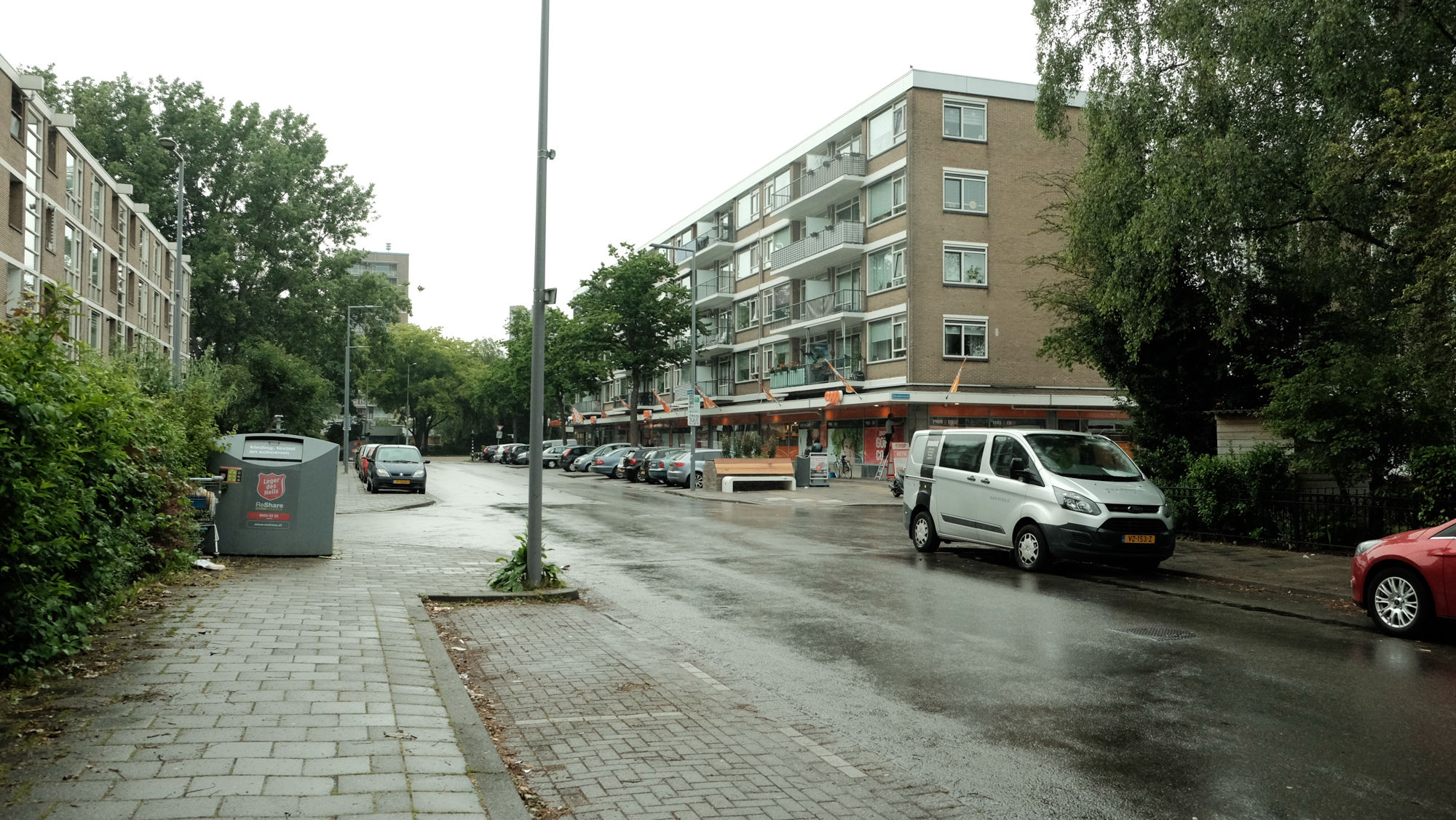
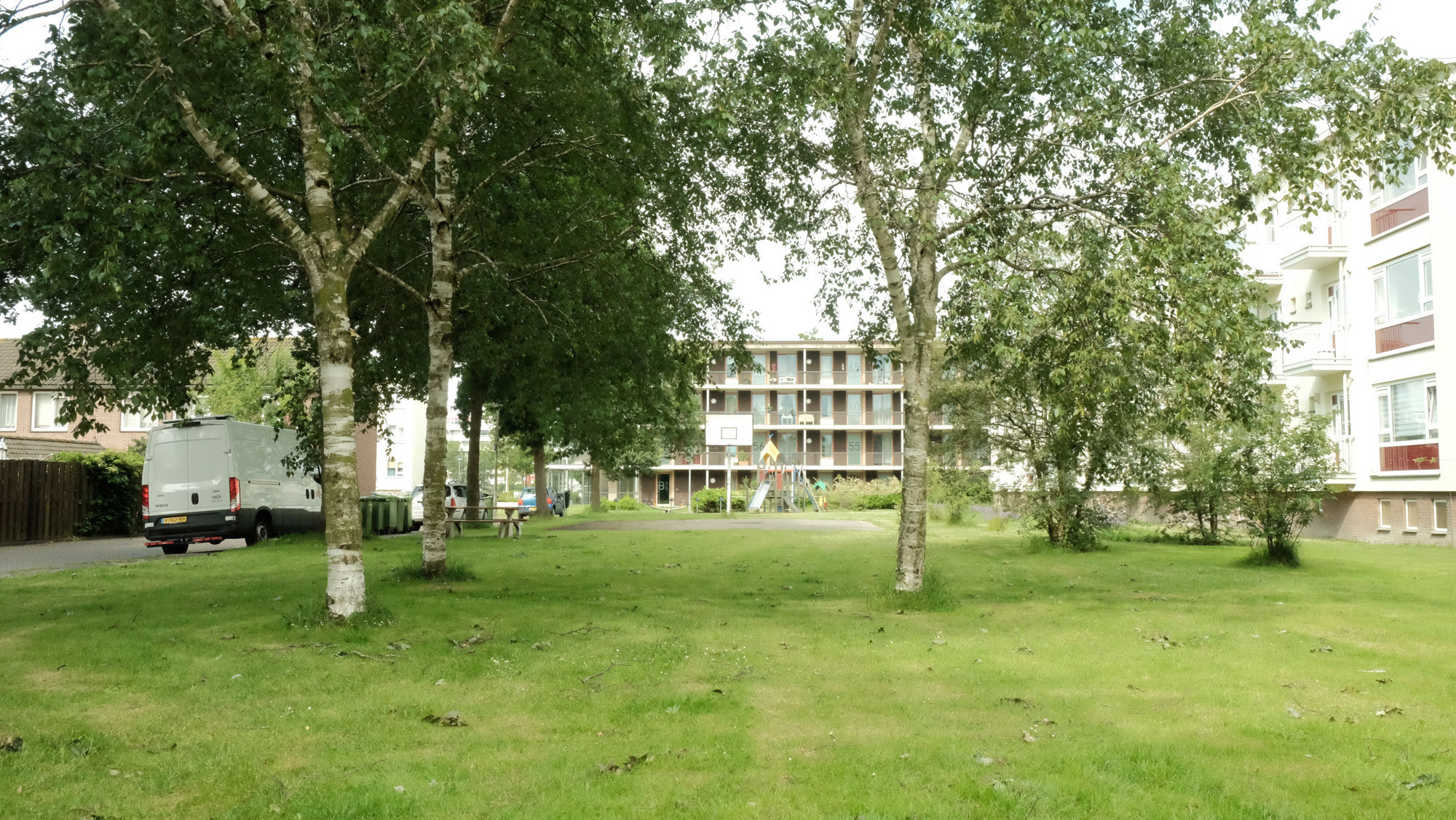
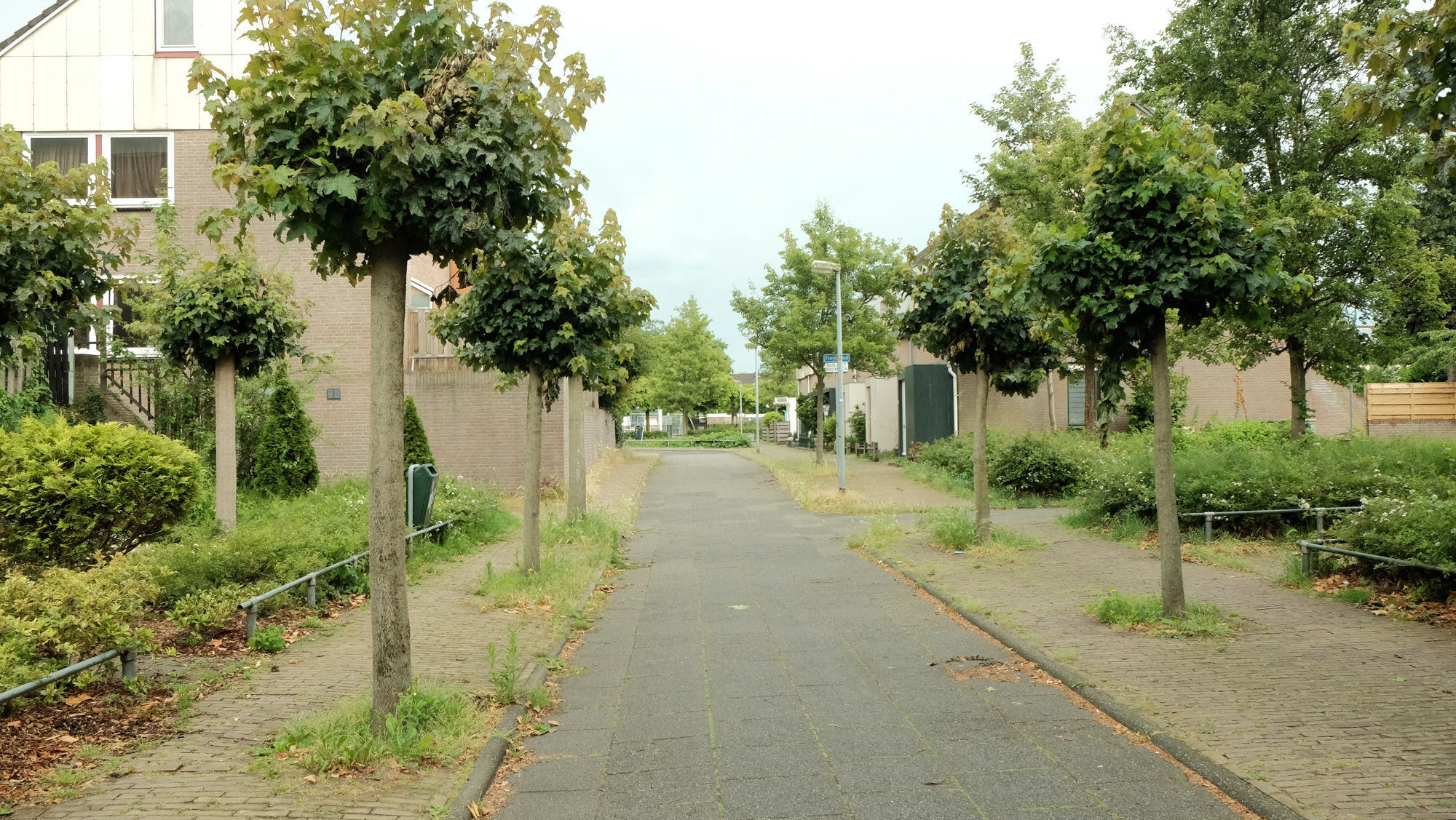
The managers are originally responsible for maintaining a qualitative living environment, above as well as below ground. For this purpose they possess transversal and implementation-oriented expertise and are present in each corner of the city on a daily basis. Therefore, the managers are ideally placed to actually achieve the different transitions, which must all play out in the public space. However, there was no systematic approach to achieve this.
We are already seeing lots of experiments involving innovative management practices. The Lead Group is working hard on this endeavour and put forward four pilot districts to be examined, where experiments are currently being carried out. With these districts serving as the starting point the potential of management is being studied on four levels: that of the citizen, the district, the city and the business case. Ten keys were developed as a result, which can help integrate the transitions in the daily practice and create a future-proof city.
The keys are based on expanding the management role (1), the intelligent gathering of information at the urban level (2) and improved collaboration with the citizen (3) and various other partners (4), as a result of which a specific package of measures can be developed for each district (5) with innovative sub-projects, which together add up to multipliable principles (6). A comprehensive business case is essential in this regard (7), because smart integration can achieve huge cost savings. Lastly, bundling and exchanging the knowledge acquired (8) and incorporating continuous space for experimenting (9) collectively shapes a new practice (10).
In consultation with the Lead Group in Urban Management, as well as other Dutch and Flemish municipalities, regional and national authorities, knowledge institutes and utility companies, work is under way to put the lessons learned in this exploratory process into practice.
